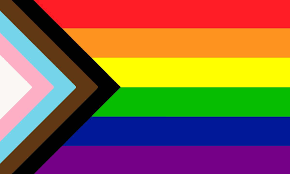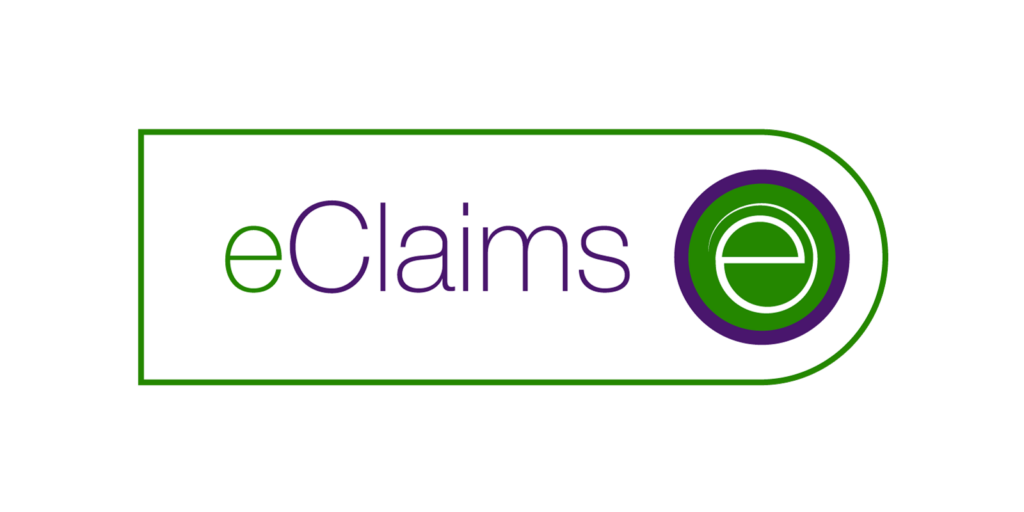The world is continually changing, and with those transformations come various social complexities. For the BIPOC community, factors contending with mental and emotional health date back to racism and systemic oppression. Additionally, dealing with relationships, stress, and other concerns can make for a heavy load to carry.
There are many reasons to seek a therapist to get through the turbulence. We would be remiss if we didn’t mention that things don’t have to be dire for you to pursue therapy. However, whenever you decide to do so, ensure that you seek someone who understands and identifies with you and your experiences, culture and values. You’re searching for someone who can oversee your personal struggles and help you find solutions to them. Finding a therapist who delivers culturally sensitive care can be the best avenue to pursue.
Are you looking for a BIPOC therapist? Here are 4 tips to help you find a therapist who fits your criteria and needs.
Finding a Connection
It’s not always enough to simply have a BIPOC therapist. Ask yourself if there is a connection. Do you feel safe and secure with them? Do you feel like you can pose the questions you need to? Does your therapist provide a safe space for you to process your emotions? You’re seeking a safe environment to explore personal growth—therefore, finding that connection is imperative in your search for the right therapist. Positive interactions will hold more weight than negative ones. Listen to your therapist’s personal story. Also, their personality traits will speak to the type of person you need in your corner. If you find a therapist who you feel genuinely comfortable with in a judgment-free environment, then you’re on the right path.
Skills
There are therapists for every facet of mental health. Yes, you want to choose someone competent in their practice area and who follows best practices. However, alongside the training, a therapist’s life experience comes into play as well. Here are a few other skills you want to be on the lookout for:
- Empathy. Does your therapist explicitly identify with your experiences? A good therapist can empathize with people from many walks of life. Even if they do not agree with you, they can understand and connect with your needs. They’ll be equipped to identify the issue and help you assess it accordingly.
- Listening and communication skills. A core skill is listening, which any therapist will do. However, being an active listener is even more important. They will have the skill set to pay attention and read between the lines to communicate and find the answers you seek.
- Healthy boundaries. Maintaining healthy boundaries is crucial for therapists to provide ethical care. Clear communication about relationship limits and fostering a safe environment will help keep the relationship between you and your therapist professional.
- Critical thinking. Therapists must be critical thinkers to deliver important behavioural information. Strong critical thinking skills are also needed to provide diagnoses, develop treatment plans and dig below the surface level to ask difficult questions.
Get to Know Your Therapist
Don’t be afraid to ask pertinent questions—interview your therapist. This is the only way to know if they are the right resource for you. It’s normal to be anxious about asking questions, but it’s ok. You may be able to find out information from a screening call. Ask as many questions as possible to learn more information than you wouldn’t have otherwise. Find out about their experience treating BIPOC patients. Or ask about their stance on the impact of racism on any marginalized community. Also, just because you found and met a therapist doesn’t mean they’re immediately the right one for you. Meet a few and explore your options before deciding. Remember, you’re not beholden to anyone. At any point, you can always feel free to find another therapist along your mental health journey.
Cultural Competency
Many factors come to light when speaking of cultural competency. What does the therapist know about your cultural background and culture? Does your therapist create safe spaces for disabled persons? Are they trained to provide services for patients with sexual orientation or gender identity issues? What about race and gender? You would also like to know if the said therapist has any experience working with culturally marginalized or diverse groups. A therapist who understands your cultural beliefs, values, and background can have valuable insight into your lived experience and cultural context. It can also facilitate the crossing of cultural boundaries. The end result is having a therapist who is more in tune with your experiences, providing a more comfortable environment for BIPOC patients to share.
There are many other particulars to consider as well: costs and methods of payment, accessibility, location (are offices near you or further away), and more. The key approach here is to do the research. Read what you can online (like these tips above to find a therapist), check your regional databases, meet therapists in your community, and even ask friends and family. Remember, in the end, the initial decision to find the right therapist ultimately rests in your hands.




